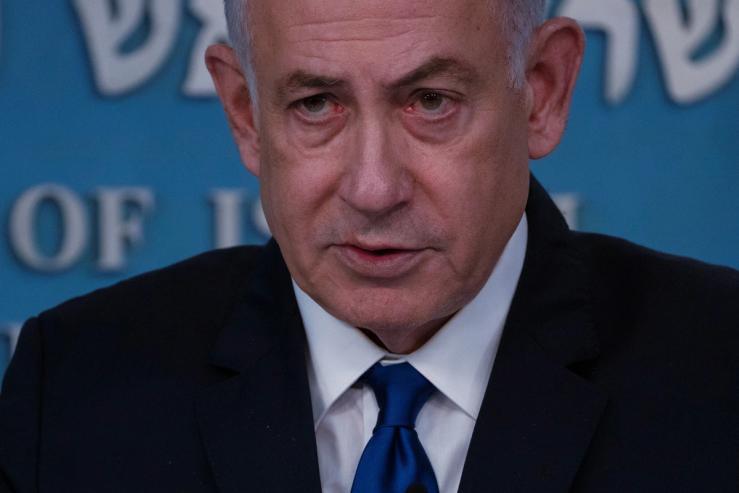The News
A U.S. abstention from a vote at the United Nations Security Council calling for an “immediate” ceasefire in Gaza, allowing the resolution to pass, has further strained Washington’s ties with Israel, marking a shift in the public relationship between the two allies.
Israel’s foreign minister told local media that the U.S. decision was “a moral and ethical mistake,” and Israeli Prime Minister Benjamin Netanyahu canceled a planned delegation visit to Washington.
SIGNALS
US abstention not a surprise
Netanyahu’s government has repeatedly ignored Washington’s advice and refused to present a feasible plan for post-war Gaza, Haaretz’s Alon Pinkas wrote. The U.S. abstention, therefore, shouldn’t come as a surprise to people who have watched how Israel has behaved in recent months. The vote has further isolated Israel, not only from its allies but at the UNSC, where 14 members voted in favor of the ceasefire. Netanyahu is likely using the war for his continued political survival and “his ongoing recalcitrance finally exhausted America’s patience,” Pinkas said.
Protection of Israel at UNSC key part of ties
U.S. officials said that Washington abstained from the motion because it did not include language condemning Hamas, nor did it make a ceasefire agreement contingent on the release of hostages taken from Israel during the militant group’s attacks on Oct. 7. But the resolution was “an improvement” over previous versions the U.S. vetoed, officials said. The decision to abstain is a “potent symbol” of the changing relationship between the U.S. and Israel, one analyst told The Wall Street Journal. “Maybe the most important thing the U.S. does politically for Israel is to protect the Israelis from U.N. resolutions that rarely take Israeli concerns into account,” Dennis Ross, a former U.S. Middle East peace envoy, said.
Canceled visit means no conversation on planned Rafah incursion
U.S. President Joe Biden has warned Netanyahu that a planned operation in Rafah would be a “mistake,” given the high risk of civilian casualties in the crowded Gazan city, where more than 1 million displaced Palestinians have taken refuge. The cancellation of the Israeli delegation’s visit to Washington means that in-person discussions on alternatives to a ground campaign in Rafah won’t go ahead as planned, but Israel’s defense minister was still due to hold talks with senior U.S. officials on Tuesday where the matter will be raised. The canceled meetings have “perplexed” American officials, who view the move as “an overreaction” that reflect Netanyahu’s political struggles at home, the network reported. Meanwhile, U.S. officials believe the Israelis are nowhere near ready to execute a campaign in Rafah.



